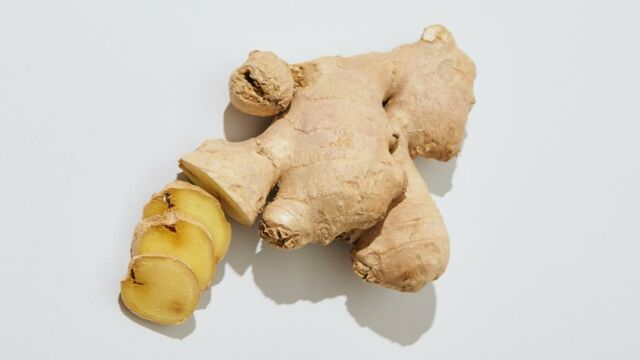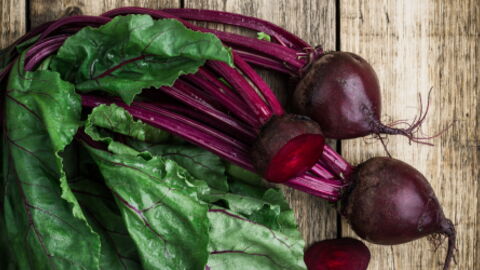As you get older, the need to take care of the body and mind amplifies tenfold as your immunity system naturally begins to get weaker. There are a plethora of foods and medicines you can rely on to boost your strength and relieve ailments that come with old age, but we’re going to let you in on one ingredient that you must have in your house after you turn 50—ginger!
Discover our latest podcast
Here are the top 5 benefits of using this spice in your everyday life.
Anti-ageing properties
All spices have antioxidant properties which help them fight against the ageing of our cells, but some are more active than others. Ginger, for one, has dozens of antioxidant properties, including gingerol—the compound responsible for its pungent taste. As a result, ginger is key in fighting visible signs of ageing like wrinkles and dark spots.
To reap the benefits of this super spice, we suggest eating it when it’s cooked as more antioxidant compounds are released during the process.
Pain-relief
Thanks to its powerful anti-inflammatory action, ginger, like turmeric, can be used if you suffer from osteoarthritis or rheumatic diseases during wet weather. According to research by Femme Actuelle, consumption of ginger can even help to limit one’s use of medication for these conditions.
Easier digestion
Poor digestion, nausea, flatulence… all of these conditions become increasingly frequent with old age. But worry not because ginger is incredibly at relieving stomach aches. It helps with the secretion of bile which them speeds up the process of digestion and also protects the liver.
Anti-fatigue
Ginger has the ability to stimulate the central nervous system like no other spice, as it is rich in vitamin C, B1, B1, and B3, and minerals such as iron, magnesium, and calcium. That’s why it is ideal when battling temporary fatigue.
Antiviral and antibacterial
To strengthen your immune system for the wave of viral infections that winter brings, ginger is your best bet. It is an excellent antiviral and antibacterial agent that will keep you protected against viruses like the flu or even bronchitis.
While daily consumption of ginger is highly beneficial, patients who are on anticoagulant drugs should avoid taking the spice. This is because ginger is a good source of vitamin K, and anticoagulants actively block the activity of this vitamin.
Consumption of ginger before surgery is also not recommended to be sure to consult your doctor before you decide to amp up your intake of the spice.















